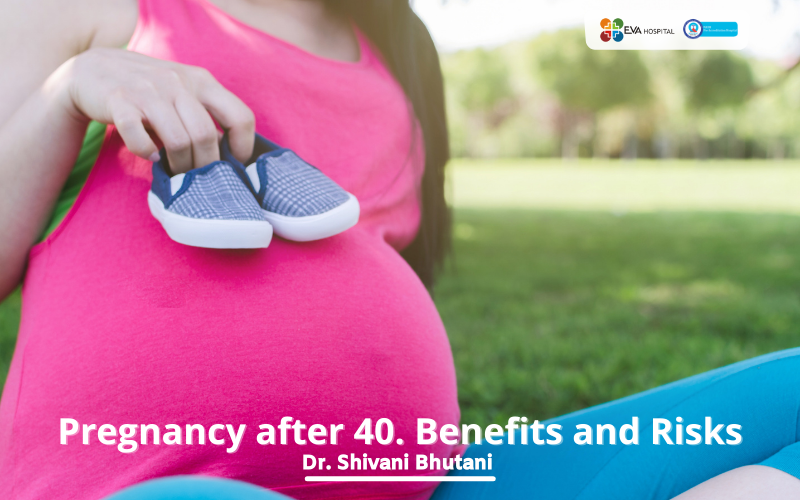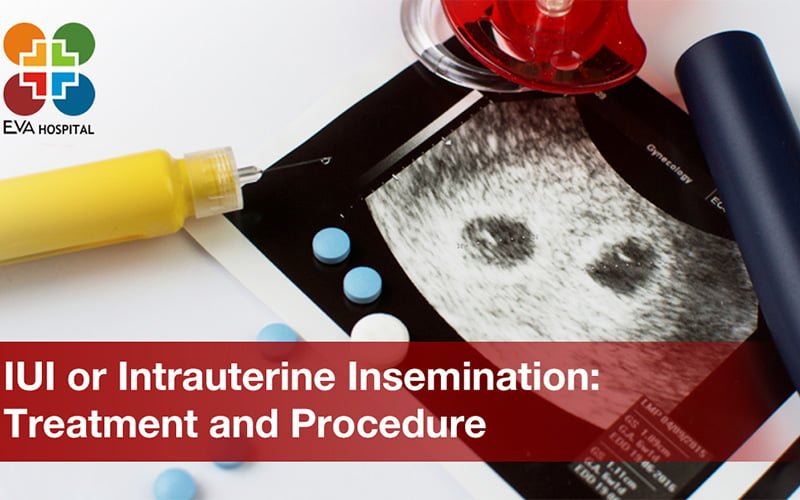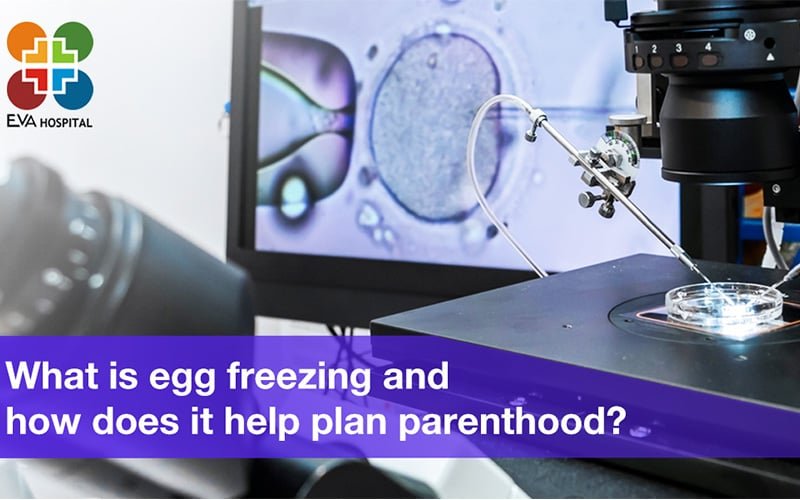 All Blogs
All Blogs
How Much Tea Can I Have While Pregnant?
Pregnancy is a transformative and delicate period in a woman’s life, requiring careful attention to nutrition and lifestyle choices. One common question that arises is about the consumption of tea during pregnancy. Tea is a widely enjoyed beverage, but certain types and amounts of tea may need to be moderated during pregnancy. In this article, we will explore the considerations and guidelines regarding tea consumption for expectant mothers.
Types of Tea and Caffeine Content:
Tea comes in various forms, each with its unique characteristics and caffeine content. Caffeine, a stimulant found in many beverages, including tea, can cross the placenta and reach the developing fetus. Excessive caffeine intake during pregnancy has been associated with an increased risk of preterm birth and low birth weight. Therefore, it is crucial for pregnant women to monitor their caffeine consumption.
- Green Tea:
– Green tea is generally lower in caffeine compared to black tea and coffee.
– While moderate consumption is usually considered safe during pregnancy, it’s advisable to limit intake to 2-3 cups per day to manage caffeine levels.
- Black Tea:
– Black tea contains more caffeine than green tea but less than coffee.
– Pregnant women should aim to keep their black tea consumption within the 2-3 cup per day range to maintain safe caffeine levels.
- Herbal Tea:
– Herbal teas vary widely in caffeine content, as many are caffeine-free.
– However, caution is advised, as certain herbal teas may contain ingredients that are not recommended during pregnancy. Consultation with a healthcare provider is crucial to ensure the safety of herbal teas.
- Decaffeinated Tea:
– Opting for decaffeinated versions of tea is a suitable alternative for those looking to reduce caffeine intake while still enjoying the flavor and comfort of tea.
Considerations and Guidelines:
- Individual Tolerance:
– Each woman’s tolerance to caffeine can vary. Some may be more sensitive than others. Pay attention to how your body reacts to tea consumption and adjust accordingly.
- Hydration:
– Staying hydrated is essential during pregnancy. While tea can contribute to fluid intake, it should not replace water entirely. Water remains the best choice for maintaining proper hydration.
- Consultation with Healthcare Provider:
– Before making significant changes to your tea consumption, consult with your healthcare provider. They can provide personalized advice based on your health, pregnancy, and any potential risk factors.
Conclusion:
In conclusion, moderate tea consumption is generally considered safe during pregnancy. However, it is crucial to be mindful of the type of tea and its caffeine content. Green and herbal teas, in moderation, are often good choices, while black tea should be consumed in limited amounts. As with any aspect of pregnancy, it’s essential to consult with a healthcare provider to ensure that tea consumption aligns with individual health needs and the well-being of the developing baby. By making informed choices, expectant mothers can continue to enjoy the warmth and comfort that a cup of tea brings while prioritizing the health of both themselves and their unborn child.







































